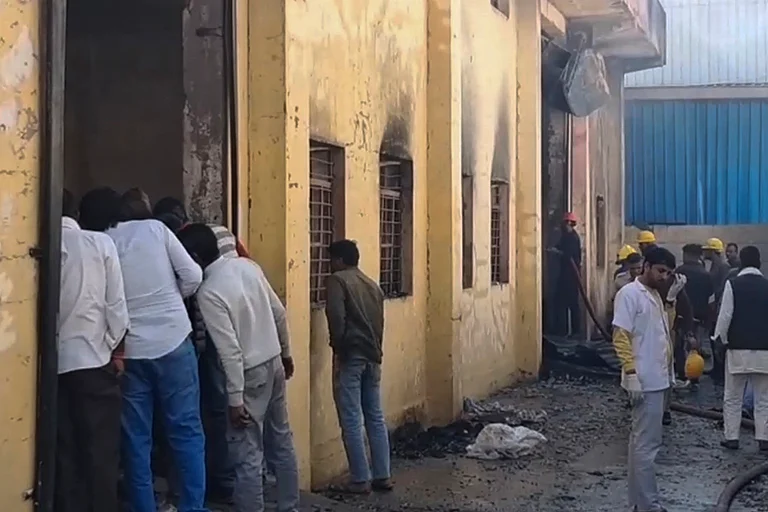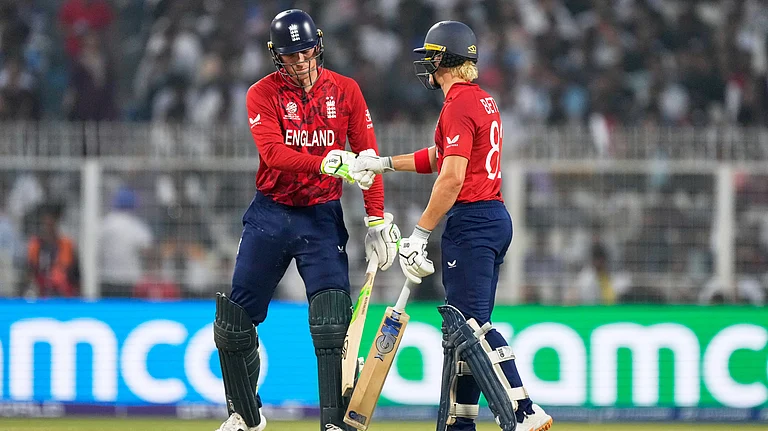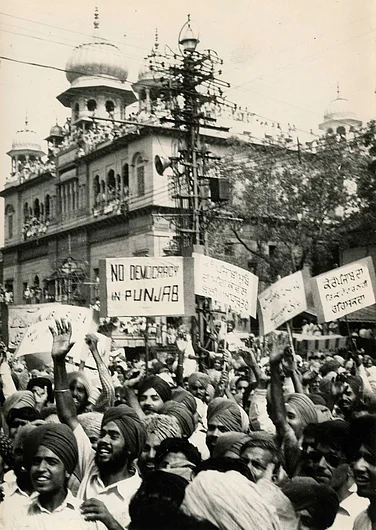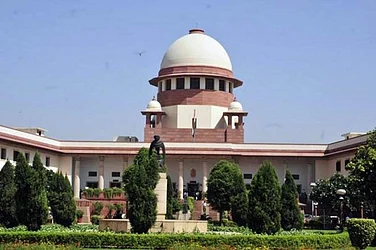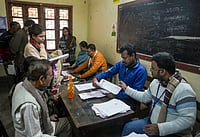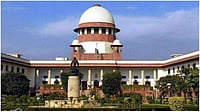In a significant move, the Bharatiya Janata Party (BJP) government in Gujarat successfully passed the Gujarat Local Authorities Laws (Amendment) Bill 2023, setting aside 27 percent of seats in local bodies like panchayats, municipalities, and civic corporations for the Other Backward Classes (OBCs). This decision, which followed the recommendations of the Zaveri commission, was met with mixed reactions in the state assembly.
The bill was approved via a majority voice vote after all 17 Congress MLAs, including Congress Legislative Party leader Amit Chavda and senior MLA Arjun Modhwadia, walked out in protest. Their demands included a higher ratio of reservation and the immediate release of the commission's report, led by former Supreme Court Justice KS Zaveri.
Before this amendment, OBC reservation in local bodies in Gujarat stood at a mere 10 percent. The bill aimed to increase this reservation to 27 percent by modifying relevant provisions in the Gujarat Provincial Municipal Corporation Act of 1949, The Gujarat Municipalities Act of 1963, and The Gujarat Panchayats Act of 1993.
However, it's essential to note that in areas covered by the Panchayats (Extension to Scheduled Areas) (PESA) Act, which often have a significant tribal population, the OBC quota in local bodies will remain at 10 percent. Additionally, the existing quotas for Scheduled Castes and Scheduled Tribes will remain unchanged, ensuring that the 50 percent reservation ceiling is not breached, as emphasized by Gujarat Minister for Parliamentary and Legislative Affairs Rushikesh Patel during the bill's presentation.
The Congress party, in opposition, argued for a more nuanced approach. They proposed that reservation percentages should vary unit-wise based on the OBC population in specific units, such as district panchayats or municipal corporations. The opposition expressed dissatisfaction, claiming that the state government was providing only 27 percent reservation when they could potentially offer a much higher percentage.
Congress MLA Chavda pointed out that a unit-wise reservation system would be fairer, citing the nearly 40 percent OBC population in the Ahmedabad Municipal Corporation (AMC) as an example. He emphasized that adhering to the Supreme Court's directive to allocate reservations based on population would lead to a more equitable representation of OBCs.
Despite the opposition's concerns and demands, the ruling BJP government stood firm, leading to the 17 Congress MLAs eventually walking out of the assembly. Subsequently, the bill passed with a majority voice vote.







